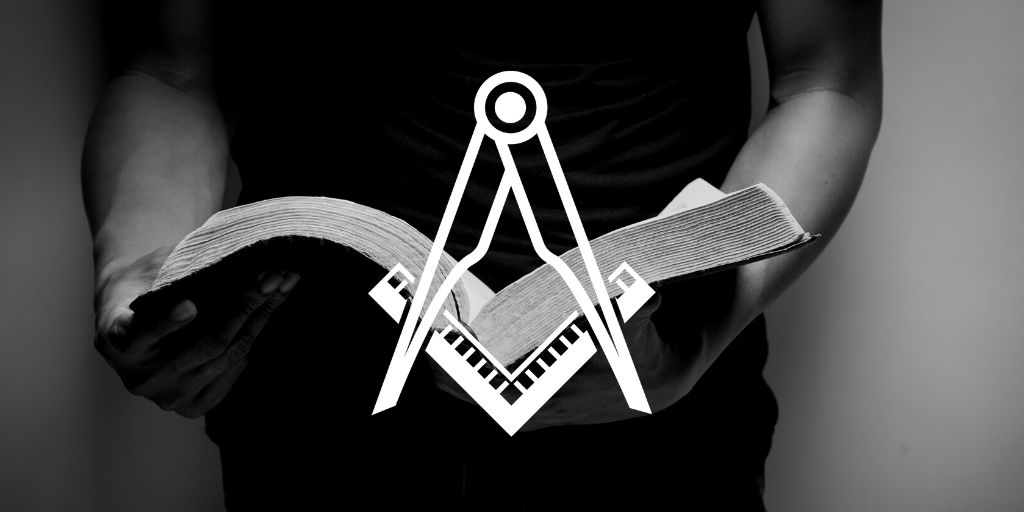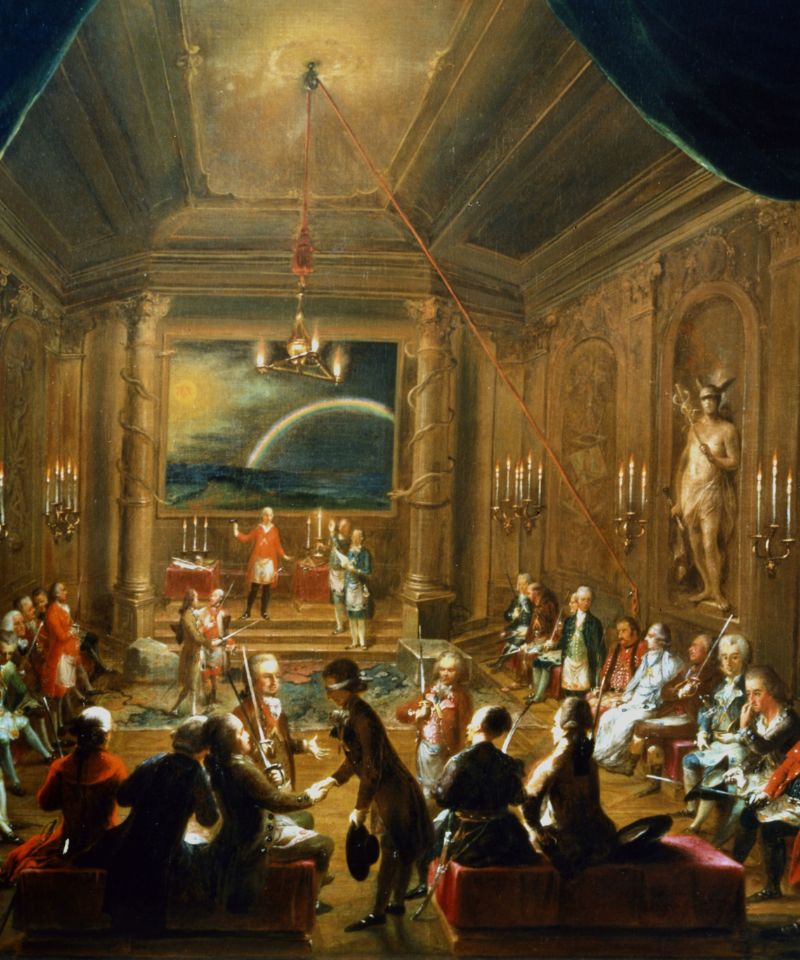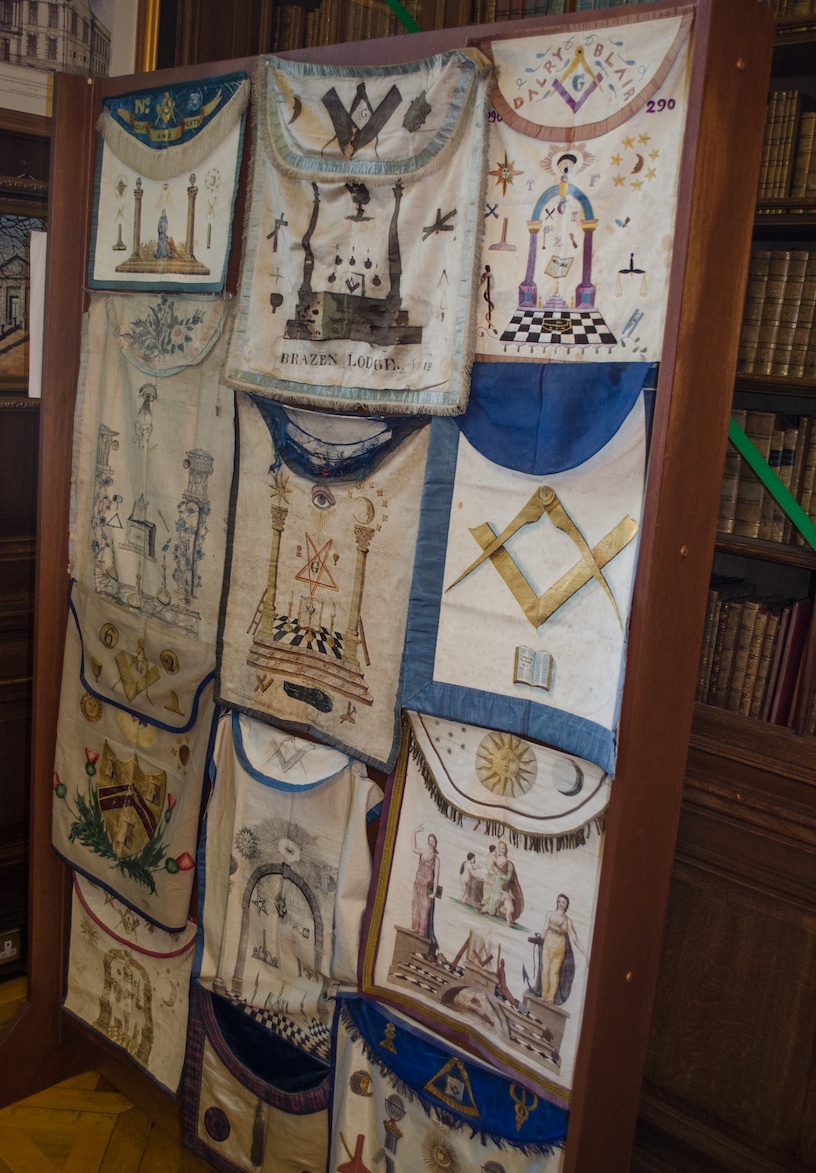Freemasonry isn’t just about attending lodge meetings or partaking in rituals.
It’s a commitment to personal growth, community service, and brotherhood.
In this article, we’ll navigate key practices and perspectives that can elevate your Masonic experience.
From balancing your time and commitments to understanding the nuances of Masonic rituals, each point is designed to provide practical advice that resonates both within and outside the lodge.
Join us as we explore how the venerable teachings of Freemasonry can be interwoven into your daily life, enhancing not only your Masonic journey but also your personal and professional development.
Let’s embrace this opportunity to reflect on our roles as Master Masons and reinforce our dedication to this esteemed craft.

Know Your Limitations, Especially Time
As a Freemason, you are expected to dedicate time and effort to your lodge and the fraternity as a whole.
However, it is important to know your limitations, especially when it comes to time.
Before joining, consider your current schedule and commitments.
Will you be able to attend meetings regularly?
Can you commit to the time and effort required for degree work and other lodge activities?
It is important to be realistic about your availability and to communicate this with your lodge.
If you are unable to attend meetings or participate in activities, let your lodge know in advance.
This will help them plan and ensure that your absence does not impact the work of the lodge.
Additionally, make sure to prioritize your time and balance your commitments.
Freemasonry may be an important part of your life, but it should not take priority over other important aspects such as family, work, and personal health.
Remember, being a Freemason is a commitment, but it should not be a burden.
By knowing your limitations and prioritizing your time, you can be a better Freemason and a better person overall.
Always Pay Your Dues
As a Freemason, it is important to always pay your dues.
Dues are the financial contributions made by members to support the operations of the lodge.
By paying your dues on time, you are helping to ensure the financial stability of the lodge and its ability to continue to operate.
In addition to the financial benefits, paying your dues also shows your commitment to the lodge and to the principles of Freemasonry.
It demonstrates that you take your membership seriously and are willing to contribute to the organization.
If you are having trouble paying your dues, it is important to communicate with the lodge.
Many lodges have programs in place to help members who are experiencing financial difficulties.
By communicating with the lodge, you can work together to find a solution that works for everyone.
Remember, paying your dues is not just a financial obligation. It is a moral obligation as well.
Show up Early for Meetings
If you want to become a better Mason, one of the simplest things you can do is to show up for meetings and on time.
Arriving early can help you get settled in and ready for the meeting ahead.
It also gives you the opportunity to socialize with your fellow brothers and build stronger relationships with them.
When you show up early, you can help set up the lodge room, prepare the altar, and arrange the chairs.
This is a great way to show your dedication to the lodge and your fellow Masons.
It can also help you learn more about the inner workings of the lodge and gain a deeper understanding of the rituals and ceremonies.
Another benefit of showing up early is that it allows you to avoid rushing and feeling stressed before the meeting starts.
You can take your time to get ready, review any notes or materials you need, and mentally prepare yourself for the meeting.
This can help you feel more relaxed and focused during the meeting itself.
Know the Ritual Well
As a Freemason, it is essential to know the Masonic ritual well.
The ritual is the cornerstone of Freemasonry and is what sets it apart from other organizations.
Knowing the ritual well will help you understand the principles and values of Freemasonry and how they can be applied in your daily life.
One of the best ways to learn the ritual is through memorization.
Most of the ritual is done by memory, and it is important to be able to recite it accurately.
To help with memorization, try breaking the ritual down into smaller sections and practicing each section until you can recite it without hesitation.
Another helpful technique is to practice with a fellow Freemason.
You can take turns reciting the ritual and correcting each other’s mistakes.
This will not only help with memorization but also with understanding the meaning behind the words.
It is also important to attend lodge meetings regularly.
This will give you the opportunity to see the ritual performed and to ask questions if there are parts that you do not understand.
Attending meetings will also allow you to practice the ritual with other members and to receive feedback.
Finally, take advantage of any training or educational opportunities that are available to you.
Many lodges offer workshops and classes on the ritual and other aspects of Freemasonry.
These can be a great way to deepen your understanding of the organization and to improve your performance of the ritual.
By knowing the ritual well, you will be better equipped to live the principles and values of Freemasonry in your daily life and to contribute to the betterment of your community.
Get Mentored (& Mentor Others)

One of the best ways to become a better Freemason is to get mentored or mentor others.
Mentoring is a learning process where a more experienced brother invests time, energy, and experience in helping a new member make the most out of being a Freemason, understand what it is about, and become involved in their Lodge and all its activities.
If you are a new member, finding a mentor can be a great way to learn more about Freemasonry and get involved in your Lodge.
A mentor can help you understand the values and principles of the organization, answer your questions, and guide you through the process of becoming a better Mason.
You can ask your Lodge leadership to connect you with a mentor or look for someone whom you admire and respect in your Lodge to ask for guidance.
On the other hand, if you are an experienced member, mentoring others can be a fulfilling experience that allows you to give back to the organization and help new members.
You can share your knowledge, experience, and wisdom with new members, answer their questions, and help them become better Masons.
You can also learn from the mentees, as they may bring fresh perspectives and ideas that can benefit the Lodge.
To establish a mentor program in your Lodge, you can follow some simple steps:
First, identify the needs of new members and the goals of the mentor program.
Then, recruit experienced members who are willing to serve as mentors and provide them with training and guidance.
Finally, match mentors with mentees based on shared interests, goals, and personalities.
Remember that mentoring is a two-way street, and both the mentor and mentee should be committed to the process.
The mentor should be patient, supportive, and willing to listen, while the mentee should be open-minded, respectful, and willing to learn.
By working together, you can create a positive and supportive environment that helps everyone become better Freemasons.
Learn Masonic History

Learning about the history of Freemasonry can help you become a better Freemason.
By understanding the origins of the organization, you can gain a deeper appreciation for its principles and values.
One way to learn about Masonic history is to read books on the subject.
There are many books available that cover the history of the organization, its rituals, and its symbolism.
Another way to learn about Masonic history is to attend lectures and presentations.
Many lodges offer educational programs that cover various aspects of the organization’s history and traditions.
These programs can be a great way to learn from experienced Masons and to connect with other members of the organization.
In addition, you can also visit Masonic museums and libraries to learn more about the history of Freemasonry.
Many of these institutions have collections of artifacts, documents, and other materials that provide insight into the organization’s past.
By taking the time to learn about Masonic history, you can become a more informed and engaged member of the organization.
This knowledge can also help you to better understand the significance of Masonic symbols and rituals, and to appreciate the rich heritage of Freemasonry.
Be Cautious with Your Social Media
As a Freemason, you represent the fraternity to the outside world.
Thus, it is important to be cautious with what you share on social media.
Remember that your online presence reflects not only on yourself but also on the entire fraternity.
Should you identify yourself as a Freemason, remember that other unconnected views and opinions you share will be associated with Freemasonry, so here are some tips to keep in mind when using social media:
• Make it light-hearted, positive, and sincere. Avoid controversial subjects, as others will latch on to them.
• Avoid sharing anything that could be interpreted as discriminatory or offensive.
• Be mindful of your privacy settings and who can see your posts.
• Do not share any confidential information or secrets of the fraternity.
Remember that social media is not a suitable platform for discussing Masonic matters.
By being mindful of your social media presence, you can help protect the reputation of the fraternity and present yourself as a responsible and respectful member of the community.